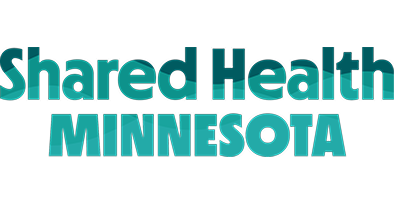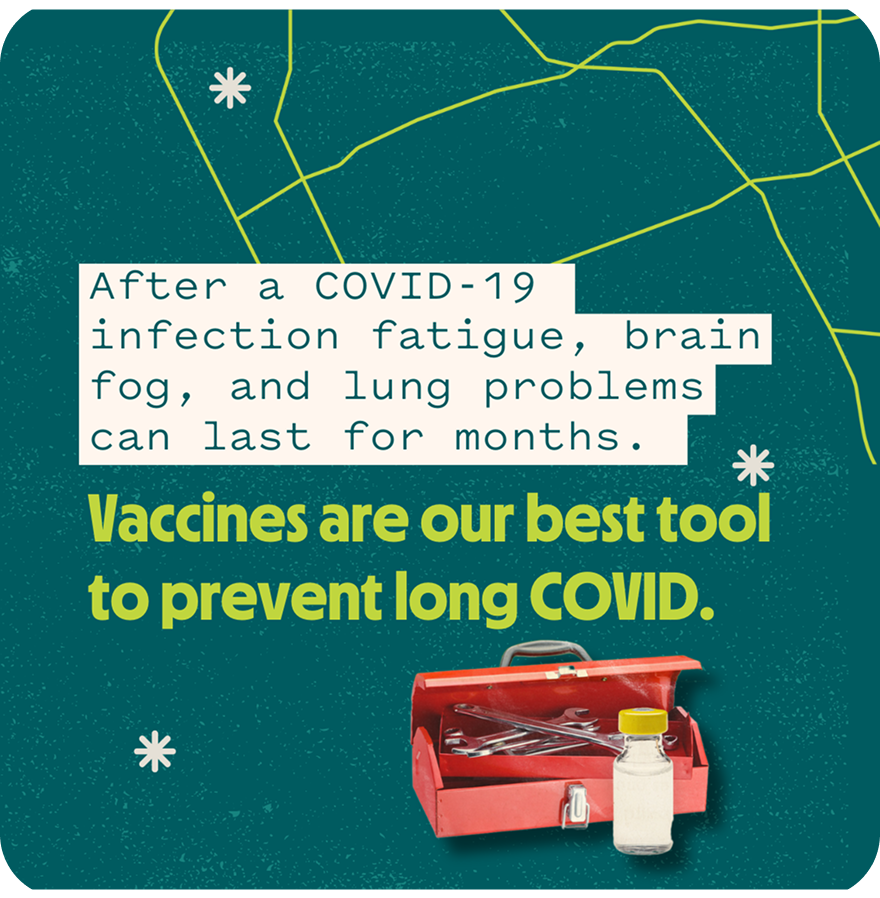How do I protect my family?
Staying up to date on COVID-19 vaccines is still the best way to prevent serious illness and long-term health issues from an infection. The Minnesota Department of Health strongly encourages vaccination for older adults, those with underlying health conditions (like lung or heart disease), young children, and pregnant people. They also recommend the 2025-2026 COVID-19 vaccine for anyone who wants it, and your doctor can help you decide the best timing.
It also helps to wear a mask in crowded places, stay home when you’re sick, and use at-home tests if someone has symptoms.


